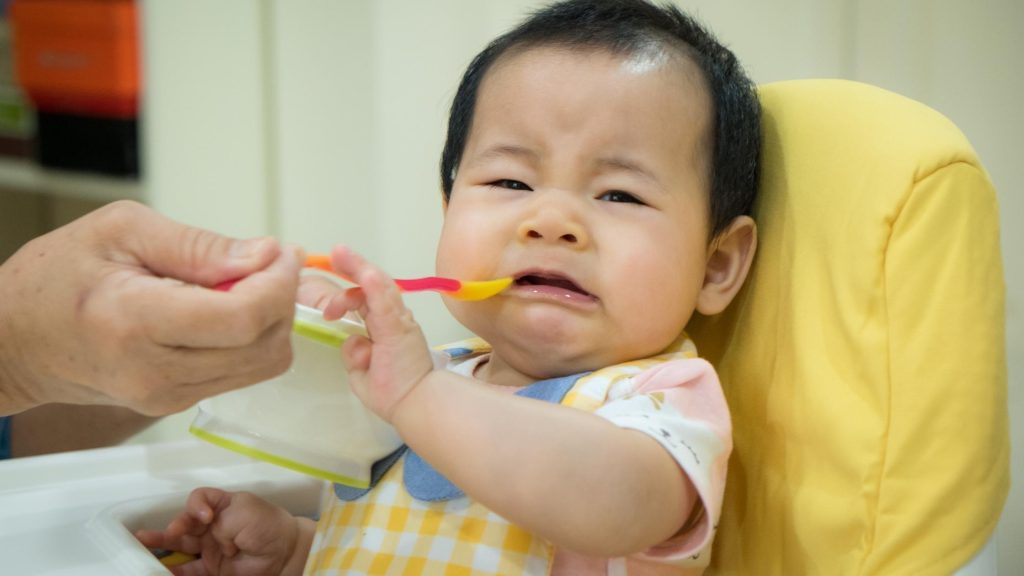What Foods Make a Baby Gassy?

Everyone passes gas. In fact, it’s pretty normal to pass gas anywhere from 6 to 20 times a day. While gassiness isn’t related to any serious health problems, it can sometimes be painful or bothersome to your child.
What foods make a baby gassy
While your baby is nursing or breastfeeding, most gassiness can be attributed to infrequent burping or whatever foods you are eating. However, once your baby starts eating solid foods, you may find that certain foods increase gassiness over others. It is also important to note the difference between painful gas and gas that isn’t. If your baby is passing gas but seems happy and playful, there’s nothing to worry about. However, if your baby is feeling uncomfortable and fussy, it may be time to intervene or make dietary changes.
Generally speaking, foods that cause gas are foods that break down slowly. These foods include beans, cruciferous vegetables, and other high-fiber foods. These foods are rich in nutrients and fiber, and they’re an important part of your baby’s diet, but it still may take some time for your baby to adjust to them.
One way to minimize gassiness and prevent constipation is to ensure that your baby is well hydrated when you introduce certain solid foods. You should also keep a food-and-symptom log to determine what is causing gas in your baby. Symptoms of gas can include passing gas, bloating, mild abdominal discomfort, and belching. While passing gas is normal, pain or discomfort isn’t. It is not uncommon for a baby to start having gas as high-fiber foods are introduced to the diet. These foods are highly nutritious and good for the body, so it’s important to keep them in the diet. To reduce the symptoms of gas, you can make sure that your baby is getting plenty of water and regular exercise and movement. However, if your baby is not finding any relief, it may be time to visit your pediatrician.
